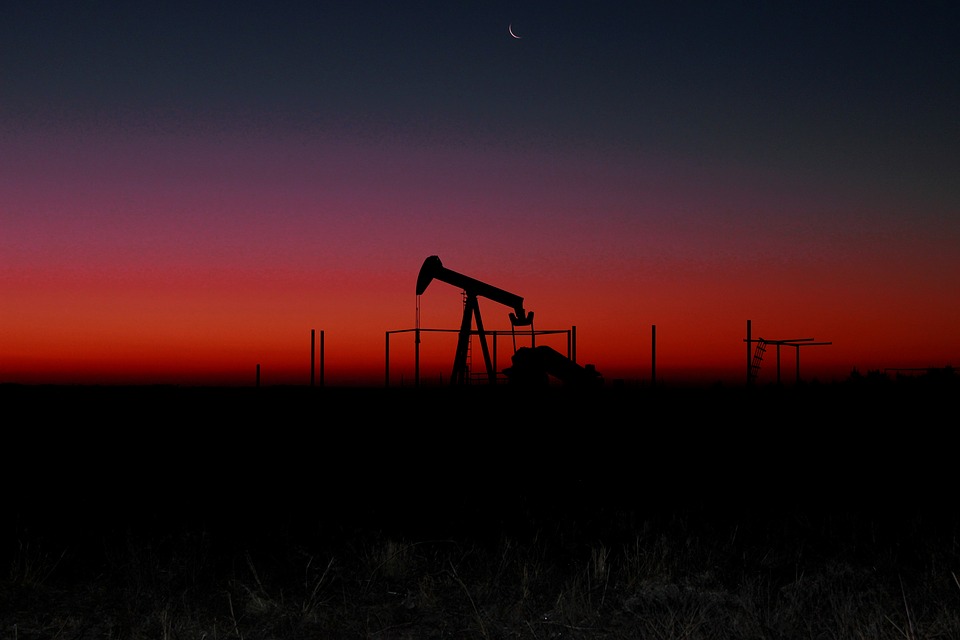US to provide $430m in insurance to advance energy security in Egypt
The insurance will enable Noble Energy Inc. of Houston, Texas to restore the 90-kilometer EMG Pipeline running from the coastal city of Ashkelon, Israel and under the Mediterranean Sea to its destination in Al-Arish, Egypt.

- Country:
- Egypt Arab Rep
Adam Boehler, Chief Executive Officer of the U.S. International Development Finance Corporation (DFC), announced a commitment to provide $430 million in insurance to advance energy security in Egypt by rehabilitating a natural gas pipeline and transporting natural gas from fields offshore in Israel. The announcement was made at the Investment for Africa Forum during a signing ceremony that included Boehler and U.S. Ambassador to Egypt Jonathan Cohen as well as Egyptian Prime Minister Moustafa Madbouly and Minister of Investment and International Cooperation Sahar Nasr.
The insurance will enable Noble Energy Inc. of Houston, Texas to restore the 90-kilometer EMG Pipeline running from the coastal city of Ashkelon, Israel and under the Mediterranean Sea to its destination in Al-Arish, Egypt. It will also support the transport of 3 trillion cubic feet of natural gas for over 15 years. The insurance contracts were signed this week after Noble Energy and its partners achieved financial close for the project.
“Strengthening energy security—which bolsters trade, supports investment, and improves quality of life—is critical to ensuring lasting prosperity and stability in Egypt,” said Boehler. “This project will help the country meet the growing demand for reliable, low-cost energy in order to fuel sustained economic growth and create opportunities that have a stabilizing impact in Egypt and across the region.”
“Egypt is a strategic partner of the United States. We are excited to support this critical investment in the country by an American company which will not only spur job creation and economic growth but also helps provide reliable and affordable energy for the people of Egypt and others throughout the region,” said Cohen.
“Egypt welcomes this massive private sector investment and looks forward to the economic impact it will have for the Egyptian people,” said Nasr.
“The Dolphinus gas sales contracts and the EMG acquisition underpin the delivery of natural gas from the Tamar and Leviathan fields in Israel into Egypt and represent a major milestone toward Egypt’s goal of becoming a regional energy hub. Both these transactions and the support from the U.S. Government provide further confidence in the long-term export market and growing cash flow from these premier assets,” said J. Keith Elliott, Noble Energy’s Senior Vice President, Offshore.
Under the terms of the project, the gas will be purchased by Dolphinus Holdings, a gas trading company.
The project will advance energy security in Egypt and support the country’s efforts to grow its economy by exporting gas to parts of Europe and other global markets. The pipeline being restored had initially been used to transport natural gas from Egypt to Israel but ceased operations in 2012.
Boehler is attending the Investment for Africa Forum during a trip to Egypt to highlight U.S. commitment to the region, explore private sector investment opportunities, and strengthen relationships with key regional partners in support of mutual development goals.
These transactions were originally approved by the Overseas Private Investment Corporation’s (OPIC) Board of Directors in December 2018. DFC is a new U.S. Government agency that combines and modernizes OPIC and USAID’s Development Credit Authority (DCA). With a more than doubled investment cap of $60 billion and new financial tools, DFC is equipped to more effectively mobilize private sector capital to urgent development challenges and advance U.S. foreign policy. The agency continues to work with Congress to fund DFC through the appropriations process in order to exercise its new investment and development tools.
(With Inputs from APO)
ALSO READ
Gennady Ayvazyan: Developing a Diversified Investment Portfolio (Ayvazyan Gennady Sergeevich)
AECIPA, African Energy Chamber partner to promote investment opportunities in Angola
Bipin Bhanushali Assumes Role of Investment Banking President at Marwadi Chandarana Intermediary Brokers Investment Firm
MBA student from Nagpur falls victim to cryptocurrency investment scam, loses Rs 23 lakh
Fitch downgrades outlook on China to negative on economic growth risks










